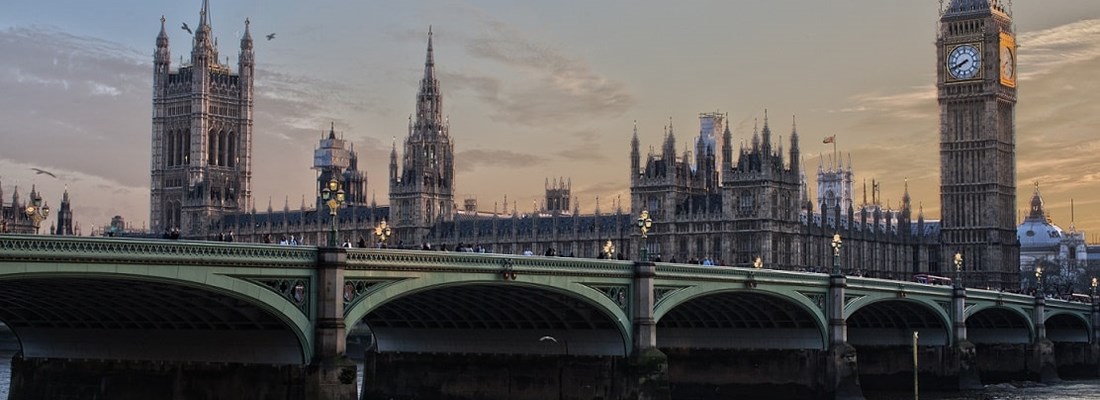Business groups set out top Spring Budget asks

With the Spring Budget creeping ever closer, the UK’s top business groups have started submitting their wishlists to Chancellor Jeremy Hunt.
The groups’ key proposals outline policy changes designed to provide a boost to small businesses, strengthen economic growth and help firms achieve their net zero goals.
Here, we take a look at some of the top Budget asks.
Increasing the Employment Allowance
The Federation of Small Businesses (FSB) has urged the Chancellor to use the Spring Budget to increase the Employment Allowance from £5,000 to £6,500. It said that doing so would enable a small employer to hire four employees on the new National Living Wage (NLW) of £11.44 before having to pay the 13.8% jobs tax.
The FSB said increasing the Employment Allowance would also help firms to afford the increases to the NLW in April.
Commenting on the matter, Martin McTague, National Chair of the FSB, said:
Small businesses are overwhelmingly the route into work for those who are currently out of work, and we need to be doing everything we can to support small employers.
However, without an increase in the Employment Allowance, they will continue to be cornered by a steep climb in staffing costs and associated taxes.
Providing tax credits for companies that train staff to meet skills shortages
The Institute of Directors (IoD) has called on Mr Hunt to provide tax credits to companies that train staff to meet national skills shortages. It has urged the government to introduce a VAT exemption for private sector training ‘designed to address Britain’s national current and future skills needs’, and to allow sole traders to deduct for tax purposes the costs of reskilling into areas that are new for their business.
The IoD is also advocating for greater flexibility in how Apprenticeship Levy funds can be drawn upon while retaining 95% of funding of SME apprenticeship training costs.
Supplying stronger incentives for SMEs to transition to net zero
A survey carried out by the IoD revealed that SMEs feel there is a ‘lack of a clear business case to invest in net zero measures’, and this is one of the ‘biggest obstacles’ in reducing their carbon footprint.
The IoD’s research showed that the most effective way to spur change would be ‘to have a lower corporation tax for organisations that have achieved net zero compared to those that have not’.
It also revealed that around two thirds of SMEs which currently don’t have a plan to achieve net zero say they would be much more likely to achieve net zero if it resulted in a lower corporation tax bill.
Ditching the ‘Tourist Tax’
The British Chambers of Commerce (BCC) has urged the Chancellor to eradicate the so-called ‘Tourist Tax’, which would allow international visitors to shop in the UK tax-free. The BCC estimates that the tax costs the British retail sector £1.5 billion per year and adversely affects the UK tourism and hospitality sector.
Shevaun Haviland, Director General of the BCC, said:
It was great to be at Heathrow . . . to hear how a new internationally competitive tax-free shopping scheme would turbocharge Britain’s economy, helping retailers and hospitality venues across the country.
The Chancellor in his Spring Budget has the chance to firmly show that Britain is open for business, he must seize it.
Combatting late payments
The IoD has called for ‘greater reputational pressure’ on slow invoice payers. It recommends that the government publishes twice-yearly rankings of the average time taken to pay invoices. It also stated that public sector entities employing over 250 people should be required to report their payment practices through the same system as private entities.
Chancellor Jeremy Hunt will present the 2024 Spring Budget on 6 March. Mercia’s tax experts will be watching and will provide detailed analysis of the day’s announcements. Keep your clients up to date with our range of digital and printed products.




